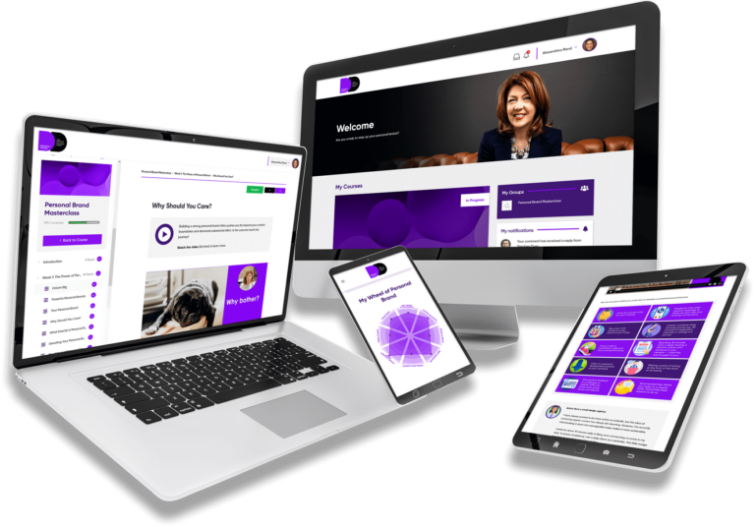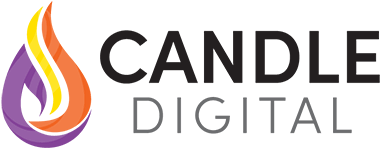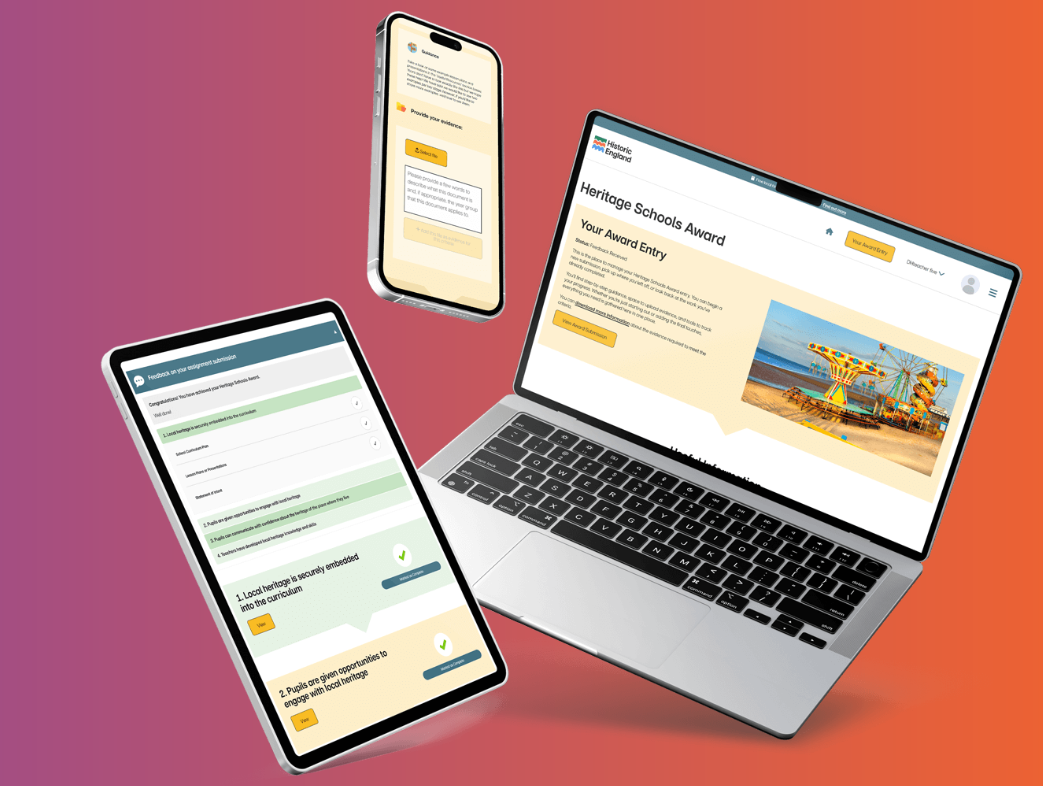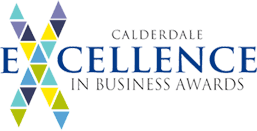Five Whys

If you’ve ever had children, you’ll know they hit a certain age when their favourite word is ‘why’:
“Why is the sky blue?”
“Why do we have to go to school?”
“Why don’t fish drown?”
(And after a barrage of ‘whys’, this common response is often “just because!”)
But the power of ‘why’ is often underestimated, and unfortunately often conditioned out of us for fear of looking stupid.
Amazon famously use the ‘five whys’ technique. This helps identify the actual causes of a problem, rather than the presumed cause.
In the work that we do at Candle Digital, this technique is particularly useful in the discovery phase:
“I want to create an online course!”
“Why?”
“Because I want to add a new revenue stream to my business.”
“Why do you want a new revenue stream?”
“Because my current business model relies heavily on large client projects, which can be unpredictable.”
“Why is the unpredictability of client projects a problem?”
“Because it creates fluctuations in cash flow, financial stability and the workload. It also means I have time when my team are overwhelmed, or struggling to find anything to do!”
“Why do you want to achieve more financial stability?”
“Because I want to be able to invest in growing the business without constantly worrying about short-term revenue.”
“Why would an online course help you grow your business?”
“Because it would provide a scalable product and a new business asset that can generate regular income, allowing me to focus more on strategic growth.”
Here’s an alternative example:
“I want to create an online course!”
“Why?”
“Because I want to share my knowledge and experience with others.”
“Why do you want to share your knowledge and experience?”
“Because I believe what I’ve learned over the years is valuable and can help people avoid common mistakes and succeed faster.”
“Why is helping people avoid mistakes and succeed faster important to you?”
“Because I want to make a meaningful contribution to my field and help shape the next generation of professionals.”
“Why do you want to make a meaningful contribution to your field?”
“Because I’ve seen how the right guidance can transform someone’s career and life, and I want to be a catalyst for that kind of positive change.”
“Why is being a catalyst for positive change important to you?”
“Because I want to leave a lasting legacy—something that outlives me and continues to impact others long after I’m gone.”
Note how both examples start with the same statement, yet the rationale behind them couldn’t be more different.
As a business that helps people turn their ideas for online learning into actual products, it’s important for us to look under the hood and find out the true reason why they are speaking to us in the first place.
Because the rationale behind the project is different in both cases, and this will have a ripple effect across the project.
It may affect scope, timelines, choice of technologies, how we communicate, who the client sells to etc – and this is all driven by asking five simple ‘whys’.
So, over to you:
- Try the ‘five whys’ approach. Do you truly understand the motivation behind a statement or request? What assumptions are you making?
- When a client says “We need some training!”, ask “Why?”. You may be able to provide more value, a better service, or even better – fix their actual problem.
Fresh Insights Direct to Your Inbox
Enjoyed this article?
Join the Candle Digital Mailing List
You Have Proven Expertise.
Now Scale It.









